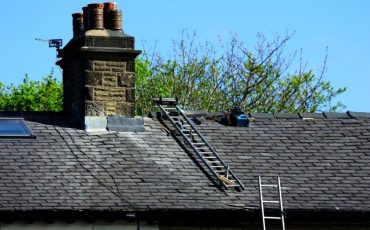Generally, a contract only gives rights and obligations to the people that are a party to it. However, there are circumstances where contracts can create third party rights. In Scotland, these third party rights were often criticised as the law around them was unclear and inflexible.
To change this the Contract (Third Party Rights) (Scotland) Act 2017 (the Act) came into force on 26 February 2018.
The Act makes a number of changes to how third party rights in Scotland work. This blog gives a quick overview of the new rules and any key changes.
How are third party rights created now?
Third party rights are created when:
- a party to the contract undertakes to do (or not do) something for an identifiable third party’s benefit;
- both parties to the contract intend for that third party to be able enforce that undertaking.
Only third party rights can be created this way in a contract you can’t impose duties on third parties.
Crucially, although third party rights can be expressly created they can also be created by implication. The third party obtaining the right doesn’t need to expressly accept the right either (although they can reject it!).
If you don’t want a contract to create third party rights it’s important to clearly state this in the contract.
When a third-party right is created, the person who is given that right is able to access legal remedies and defences in respect of the right and can, in some circumstances, gain access to arbitration proceedings.
Can third party rights be changed?
Yes sometimes. This is the biggest change that the Act brings in. Previously, if a third party right was created it could not be changed or cancelled.
Generally speaking third party rights can now be amended so long as that third party hasn’t relied on that right. However, wording can be put into contracts to override this position.
If you are intending to grant third party rights in a contract, it will be important that wording is carefully drafted in order to allow you the greatest amount of flexibility when it comes to amending or revoking these rights.
What impact will this have?
Third party rights can arise in a variety of situations (for example purchaser could get third party rights through a building contract between a developer and a contractor).
If you are entering into any contracts you should either:
- be clear on what third party rights are being created and how these can be amended; or
- ensure the contract states no third-party rights arise.
If you are obtaining third party rights by virtue of a contract, you should be clear what these rights are and how they can be amended or revoked.
What about contracts I’ve already signed?
The Act doesn’t apply to any contracts that were entered into before 26 February 2018. However, parties to a contract could decide amend older contracts so that the Act applies.
If you have any questions about third party rights or contracts generally please contact our team.







